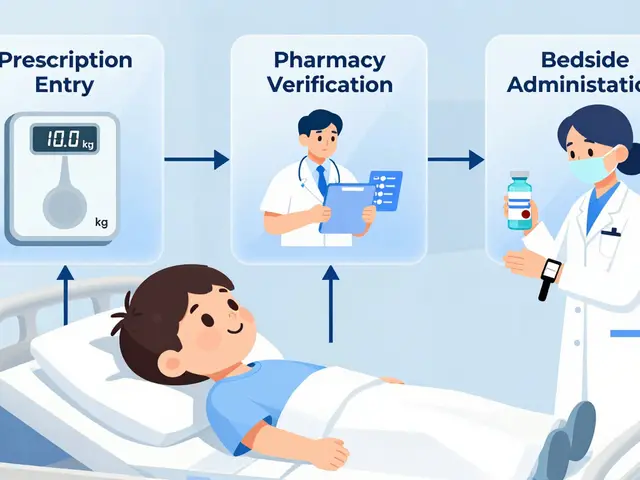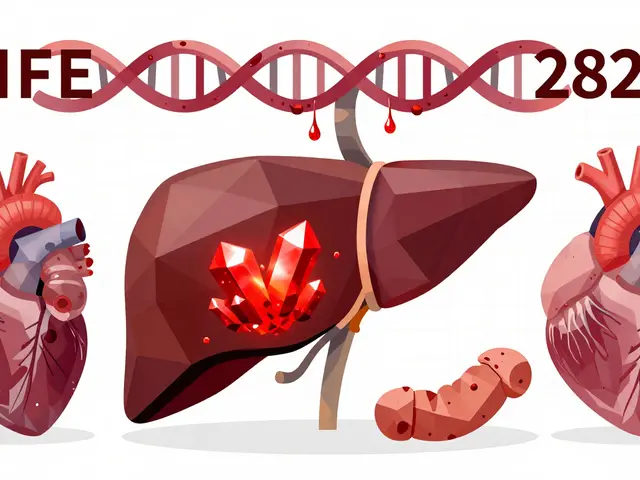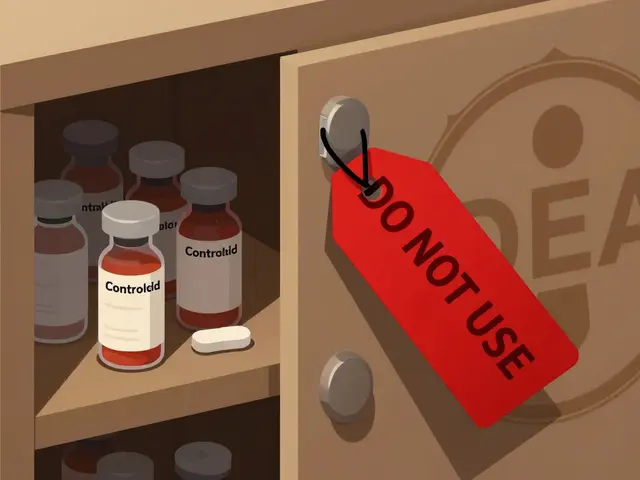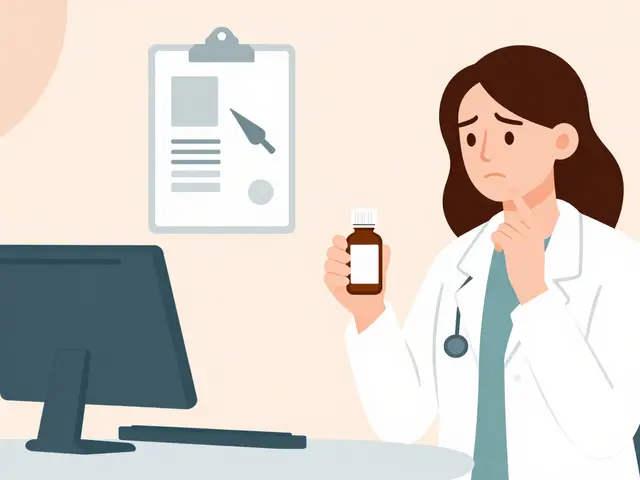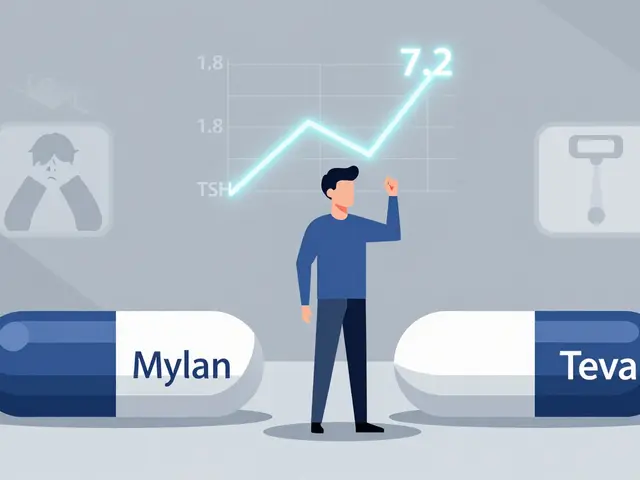Efficacy: How to Judge If a Medicine Actually Works
Efficacy is the simple question behind every treatment: does it do what it's supposed to do? You see that word a lot in studies, reviews, and drug pages. Here you'll get clear, practical ways to read those claims and decide what matters for your health—no jargon, just useful steps you can use right now.
How we judge efficacy
Start with the study type. A randomized controlled trial (RCT) usually tells you how a drug performs under ideal conditions. Real-world studies show how it works when people mess up doses, have other illnesses, or can't afford the drug. Both matter. For example, a trial might show a COPD inhaler lowers flare-ups, but a real-world review like our "Breztri Aerosphere vs Competitors" piece checks device ease and cost—two big factors that change real effectiveness.
Look at the endpoints. Is the study measuring symptom relief, hospitalizations, or a lab number like A1c? Lower A1c matters for diabetes drugs, but so does weight gain, side effects, and how easy the drug is to take. Our "Best Glipizide Alternatives in 2025" article compares outcomes you can actually feel, not just numbers on a page.
Check duration and population. Short studies can miss long-term harms or benefits. A drug that helps short-term pain may not be right long-term. Also, trials often exclude older adults or people with other diseases. If your situation looks different from the trial group, expect different results.
Watch for interactions and adherence. A medicine may work perfectly on paper but fail in real life because it interacts with other drugs or people stop taking it. Our "Terazosin Drug Interactions" and "Taper Off Gabapentin Safely" posts show how interactions and stopping rules change outcomes.
How to use these posts
Use buying guides to evaluate safety and source, not just price. Articles like "How to Safely Buy Trimethoprim/Sulfamethoxazole Online" and "Where and How to Buy Phenazopyridine Online" explain legal, quality, and dosing checks that affect whether a medicine will work for you.
Use comparison and alternatives pieces when your first choice fails or causes problems. Posts such as "5 Alternatives in 2025 to Chlorthalidone" and "6 Alternatives to Cialis" list real options and what to expect from each—so you can talk to your clinician with specifics.
Pay attention to side-effect profiles and environmental or production issues that might matter to you. We cover practical topics like "The Environmental Impact of Doxepin Production" because sustainability and supply can affect access and consistency of treatment.
Finally, bookmark the practical pieces. Want dosing tips, what to watch for, or how to switch meds safely? Look at our guides on specific drugs—"Levothyroxine: A Key Player in Hashimoto's Disease Treatment" or "Buspar Uses, Benefits, Side Effects & Real Experiences"—they're written for real decisions, not academic debate.
If a headline promises high efficacy, ask: who ran the study, who paid for it, how long did it run, and does it match your situation? Use the articles here to answer those questions and bring solid options to your next doctor visit.
As a senior, I've been researching Carvedilol as a treatment option for my heart condition. Safety and efficacy are my top concerns, so understanding how this medication works for people my age is essential. From what I've gathered, Carvedilol has been proven to be effective in managing conditions like heart failure and high blood pressure. However, it's important to consult with a doctor to discuss potential side effects and adjust the dosage accordingly. Overall, Carvedilol seems to be a safe and effective treatment for seniors, but it's crucial to work closely with a healthcare professional to ensure it's the right choice for me.
Continue reading...


